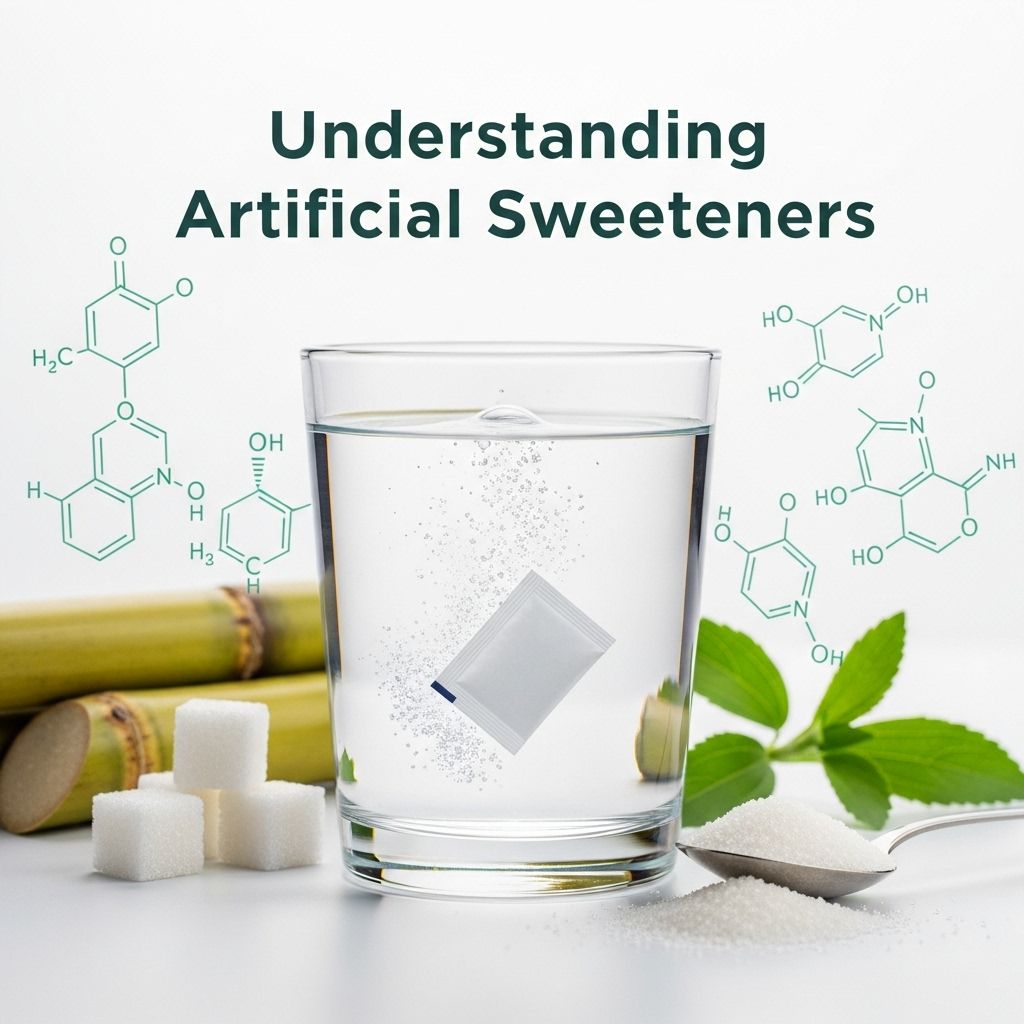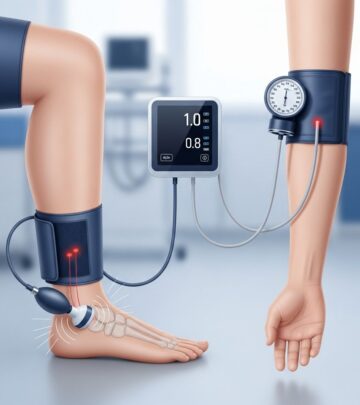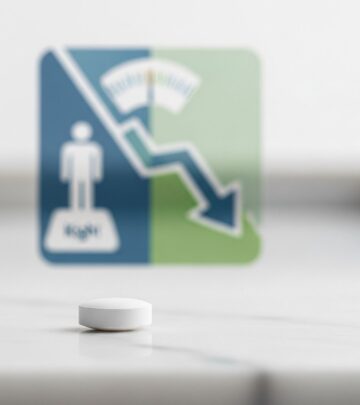Understanding Artificial Sweeteners
Exploring the safety and benefits of artificial sweeteners

Introduction to Artificial Sweeteners
Artificial sweeteners are synthetic or highly refined sugar substitutes, often referred to as intense sweeteners due to their sweetness being significantly greater than sugar. These sweeteners are commonly found in processed foods, including soft drinks, powdered drink mixes, candy, jams, jellies, dairy products, and baked goods. They offer a sweet taste without the calories, making them attractive to individuals trying to manage their weight or control blood sugar levels.
Benefits of Artificial Sweeteners
One of the primary benefits of artificial sweeteners is their ability to reduce calorie intake, which can be particularly beneficial for people with diabetes or those working towards weight loss. They allow individuals to satisfy their craving for sweetness without adding excessive calories to their diet.
Safety and Regulation
Artificial sweeteners approved for use in the U.S. are regulated by the Food and Drug Administration (FDA). Extensive research has shown that when consumed in moderation, these sweeteners generally do not pose significant health risks. However, some studies suggest potential links to metabolic disorders and appetite disruption, leading to ongoing debate about their long-term safety.
Potential Health Risks
Despite their approval, artificial sweeteners have been linked to several health issues in some studies. These include:
- Metabolic Disorders: Some research indicates that artificial sweeteners may contribute to insulin resistance and glucose intolerance, paradoxically increasing the risk of developing type 2 diabetes.
- Appetite Disruption: Consuming artificial sweeteners can confuse the body’s ability to regulate hunger and satiety, potentially leading to increased cravings for sweet foods.
- Cancer Concerns: The World Health Organization (WHO) recently classified aspartame, a popular artificial sweetener, as a possible carcinogen. However, both the WHO and FDA recommend safe consumption in limited amounts.
Types of Artificial Sweeteners
Several artificial sweeteners are available, each with its own unique characteristics and uses:
| Artificial Sweetener | Common Uses | Key Characteristics |
|---|---|---|
| Aspartame | Low-calorie foods and beverages | Approximately 200 times sweeter than sugar |
| Sucralose | Baked goods, beverages | About 600 times sweeter than sugar |
| Stevia | Natural sweetener derived from plants | Approximately 200–300 times sweeter than sugar |
Healthy Eating Tips
“To incorporate artificial sweeteners into your diet in a healthy way, consider the following tips:
- Consume in Moderation: Use them sparingly to avoid excessive exposure to any single sweetener.
- Choose Natural Alternatives: Opt for natural sweeteners like stevia or erythritol when possible.
- Monitor Your Diet: Be aware of your overall sugar intake, even if you’re using artificial sweeteners.
- Stay Informed: Keep up with the latest research on artificial sweetener safety and effects.
Frequently Asked Questions (FAQs)
Q: Are artificial sweeteners safe for everyone?
A: Generally, artificial sweeteners are deemed safe by regulatory agencies, but it’s important to consume them in moderation and be aware of any potential health risks or interactions.
Q: Can artificial sweeteners help with weight loss?
A: While artificial sweeteners can help reduce calorie intake, they may not lead to significant weight loss if not combined with a balanced diet and regular exercise.
Q: Are natural sweeteners better than artificial ones?
A: Natural sweeteners like stevia might be considered safer by some, but all sweeteners should be used mindfully and in limited amounts.
References
- https://www.youtube.com/watch?v=6ORT3v1ez6s
- https://newsnetwork.mayoclinic.org/discussion/mayo-clinic-q-and-a-artificial-sweeteners-aye-or-nay/
- https://www.youtube.com/watch?v=eIF_NFrpU54
- https://cancerblog.mayoclinic.org/2023/07/18/mayo-clinic-expert-weighs-in-on-who-labeling-aspartame-sweetener-as-low-but-possible-cancer-risk/
- https://www.ajmc.com/view/the-double-edged-sword-of-artificial-sweeteners
- https://www.mayoclinic.org/healthy-lifestyle/nutrition-and-healthy-eating/in-depth/artificial-sweeteners/art-20046936
- https://www.mayoclinic.org/diseases-conditions/diabetes/expert-answers/artificial-sweeteners/faq-20058038
- https://newsnetwork.mayoclinic.org/discussion/mayo-clinic-q-and-a-is-erythritol-a-safe-and-healthy-sugar-substitute/
Read full bio of medha deb












